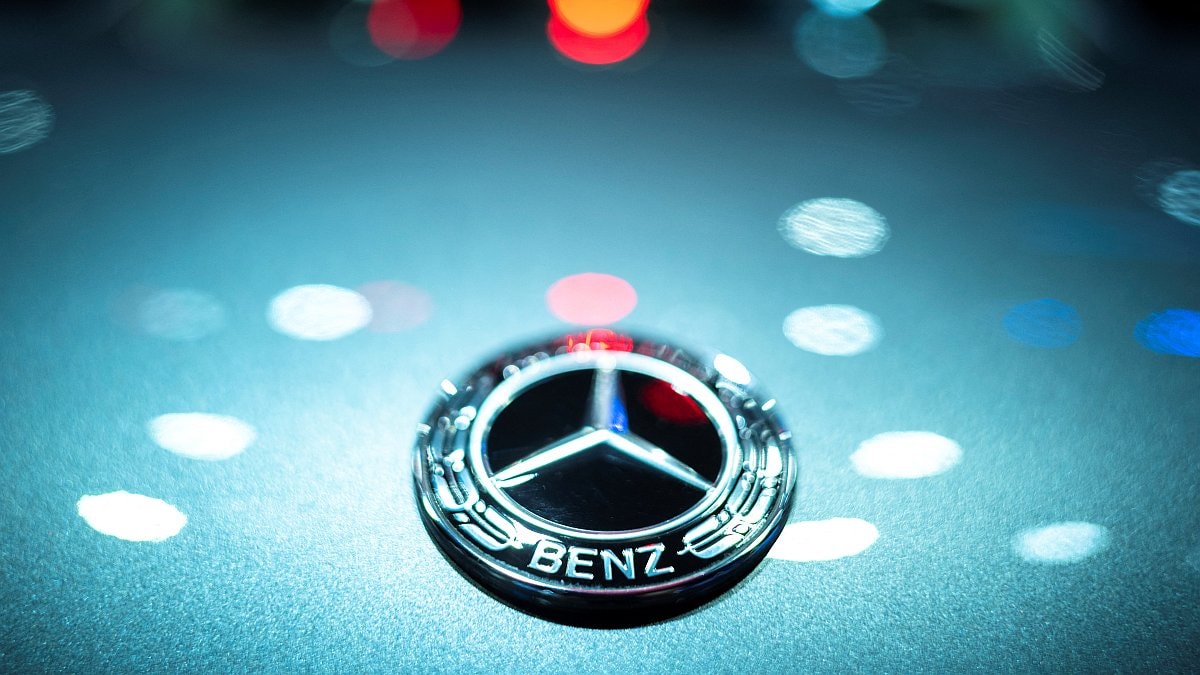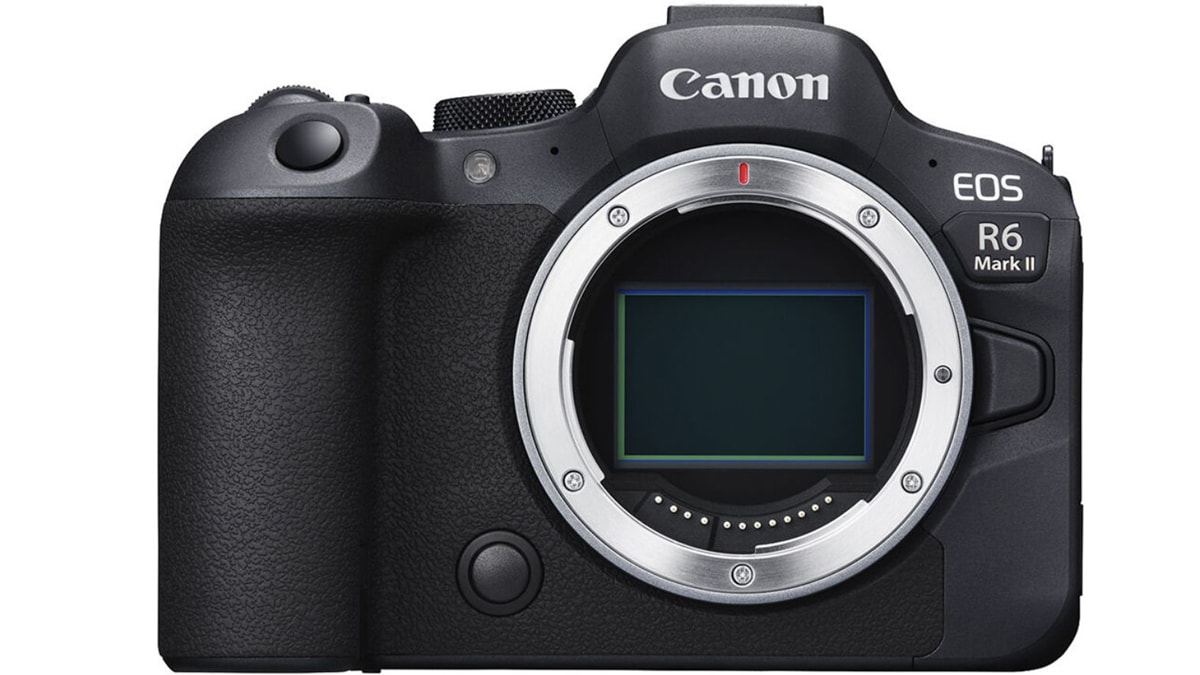Getty Images Upgrades Its AI-Powered Image Generation Model, Adds Modification Capabilities
Getty Images upgraded the artificial intelligence (AI) image generation model integrated within the platform, on Tuesday. The updated AI model is now built on the Nvidia Edify model architecture and offers faster generation speeds and a higher number of variations from a single prompt. The company also claims that the the new image generator adds more details to 4K images, and follows the prompt closely even when they are long. The AI model will power the company’s AI tools including Generative AI by Getty Images and Generative AI by iStock.
Getty Images Updates AI Model
In a newsroom post, the company announced the updated AI model. It has now been released and can be tested on the Getty Images platform. The new image generation model is built using Nvidia’s Edify architecture which is part of Nvidia Picasso, an AI foundry where software developers can build and deploy generative AI models for visual design.
The company highlighted that the Edify architecture adds significant upgrades to the model, including higher output speed and quality, better alignment with prompts, and improved 4K upscaling. With this, now the AI model can generate four images in six seconds, which the company says is double the previous speed.
Further, prompt adherence is said to be increased with the new model. Getty Images says the AI can now support up to 250 word-long prompts and can process complex requirements. Image modification capabilities are also available with the new large language model (LLM). Users can now add or change individual elements, extend the canvas, or remove backgrounds easily.
On training data, Getty Images said, “The model was only trained on high resolution, licensed or owned images and metadata from Getty Images’ vast creative library.” The company also claimed that no data or images were scraped from the internet, generated synthetically, or from outputs from other generators.
Additionally, the company claimed that the image generator has been trained to not produce outputs that might violate intellectual property or artist rights. As a result, prompts requesting images of identifiable people, protected locations, trademarks, or brands will not be fulfilled.
Check out our Latest News and Follow us at Facebook
Original Source







